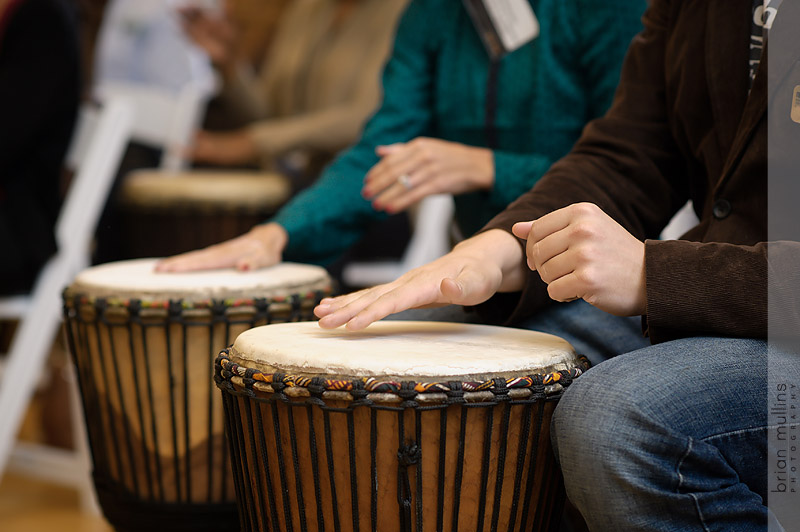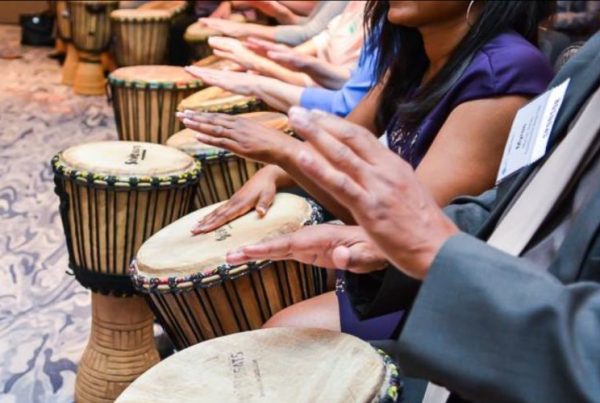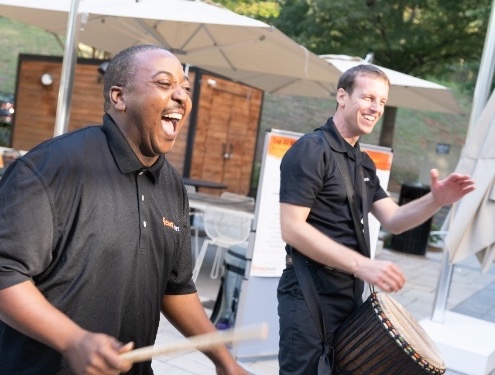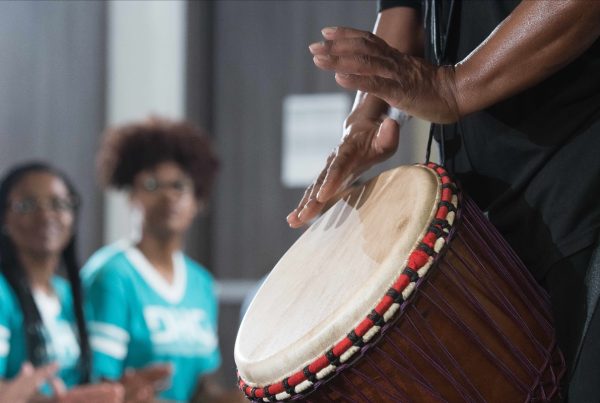In reviewing Professor Amy Edmondson’s Book, Teaming: How Organizations Learn, Innovate, and Compete in the Knowledge Economy, The Harvard Business Review points out that most professionals are taught to think of teams as “carefully designed, static groups of individuals who, like a baseball team or improv comedy troupe, have ample time to practice interacting successfully and efficiently.” Professor Edmondson posits that in today’s quickly evolving business world where teams can be disbanded or re-purposed before they have a chance to click, it is more effective to think in terms of “teaming.”
What is Teaming?
Professor Edmondson defines teaming as a verb, stating, “It is a dynamic activity … largely determined by the mindset and practices of teamwork … creating wholes that are greater than the sum of their parts.” Prior thinking around teams focused on the team as a noun, and centered on contexts in which there was ample time to build a steady, well-structured unit. Teaming focuses on individuals collaborating on the fly without necessarily relying on the aid of a stable structure.
What Skills are Necessary?
In addition to good-old-fashioned teamwork, teaming requires flexibility, trust, and collaboration. In a fast-moving environment that doesn’t afford the time to build a foundation, teaming necessitates strong communication – the ability to share critical information rapidly and ask questions clearly. Teaming involves building connections across organizational silos, and synthesizing multiple areas of expertise. Teaming entails the ability to learn on the fly, act in the moment, and move on while staying alert for the next opportunity on the horizon.
Why is Teaming Important?
According to Professor Edmondson, “Intense competition, rampant unpredictability and a constant need for innovation are giving rise to even greater interdependence and thus demand even greater levels of collaboration and communication then every before.” Teaming allows a company to seize opportunity, make timely adjustments to products and services, and drive organizational learning. Put succinctly, teaming is what makes the difference when it comes to thriving in a world of constant change.
Is your organization building teams, or teaming?
You can contact us to discuss how you can use our experiential learning through rhythm, music and drumming for your next team-building event.




